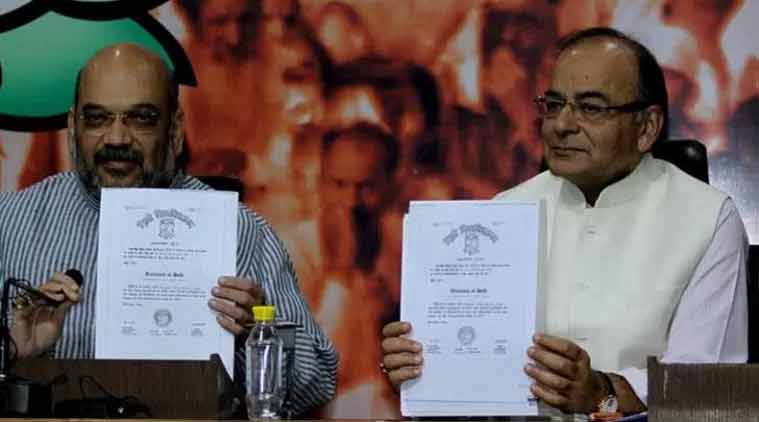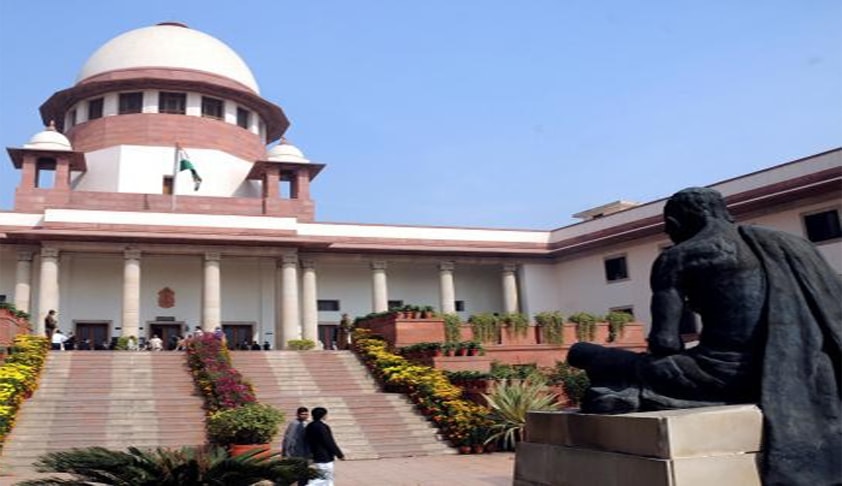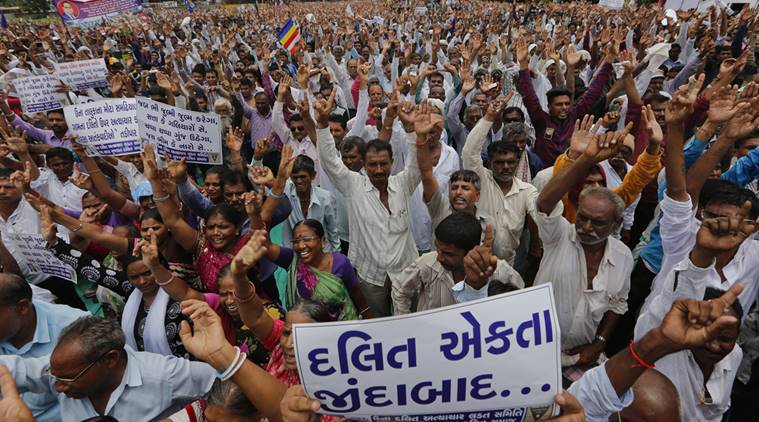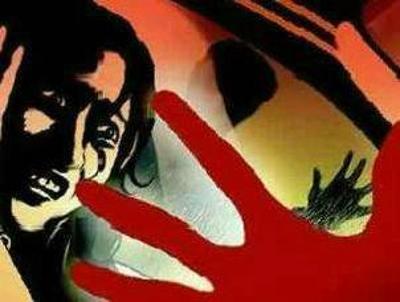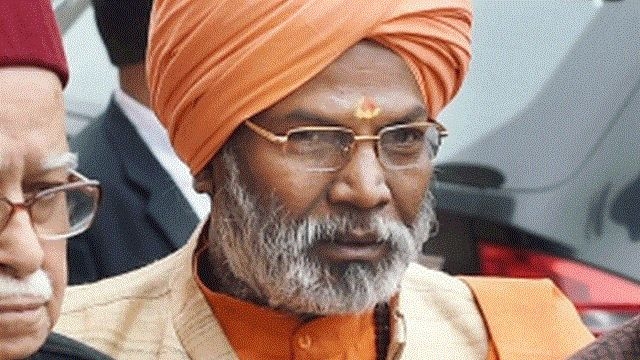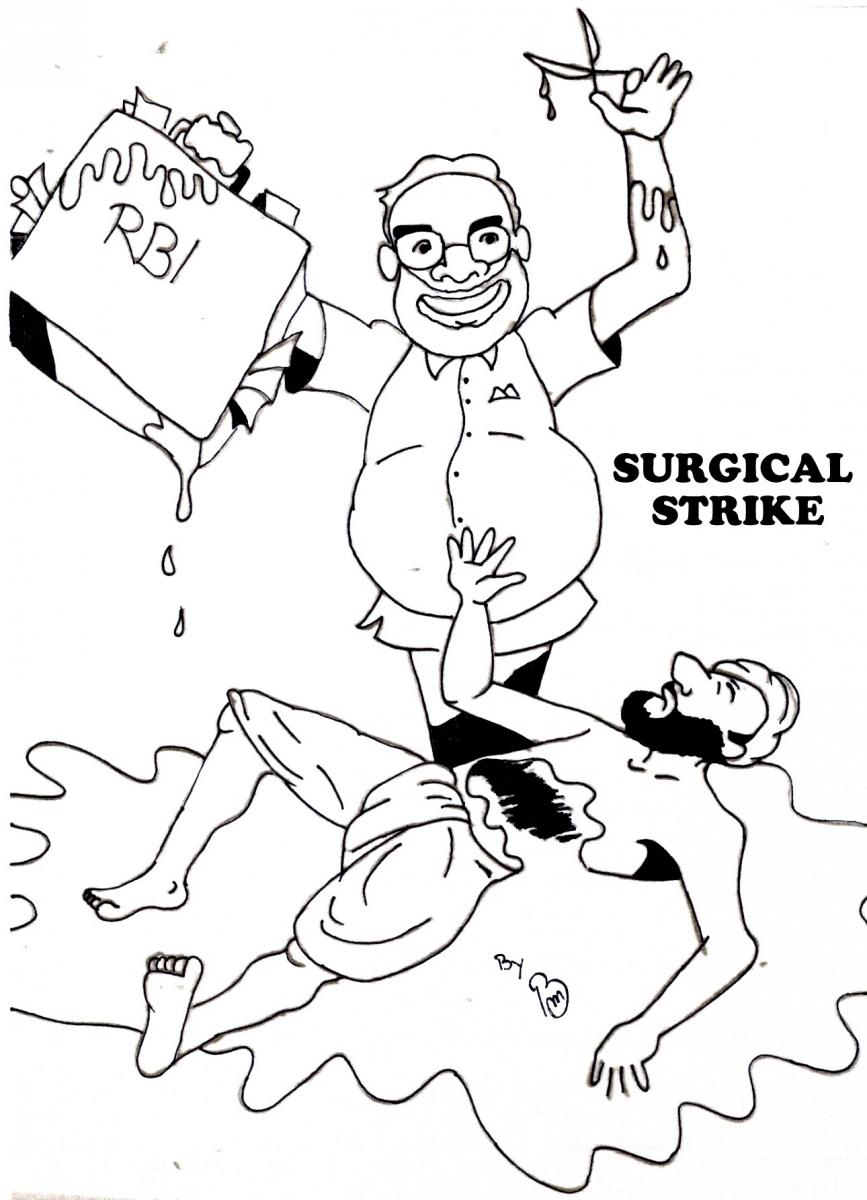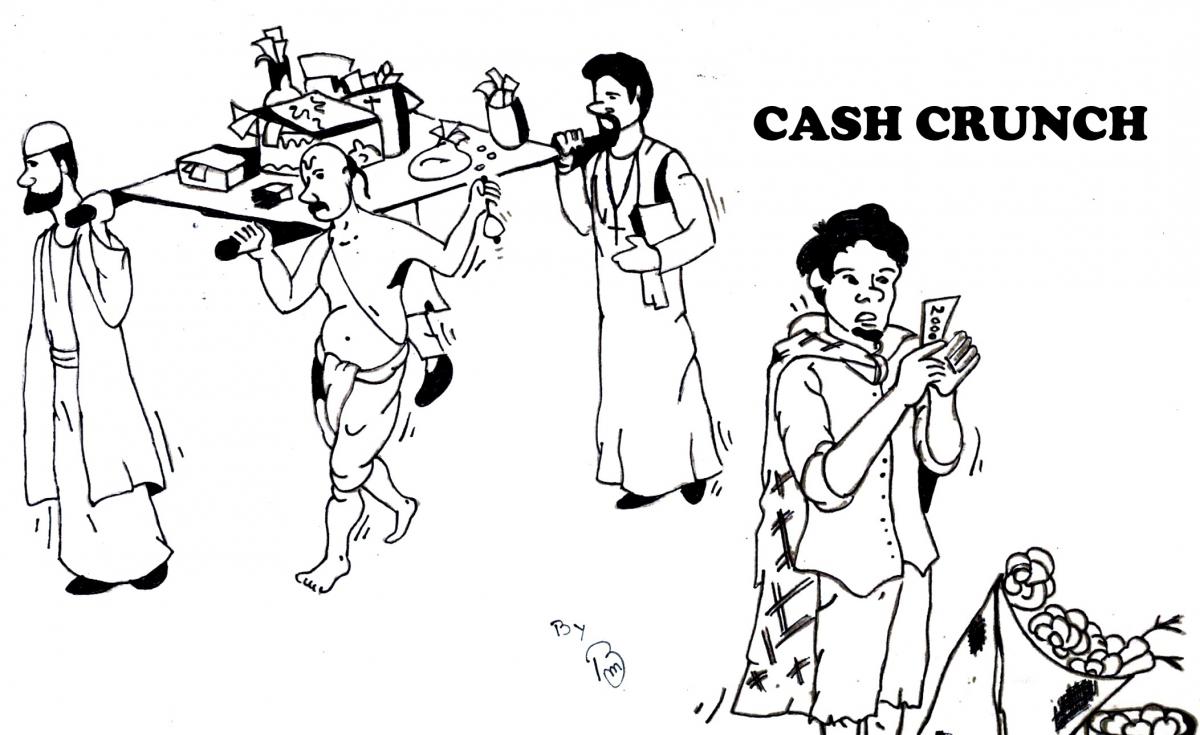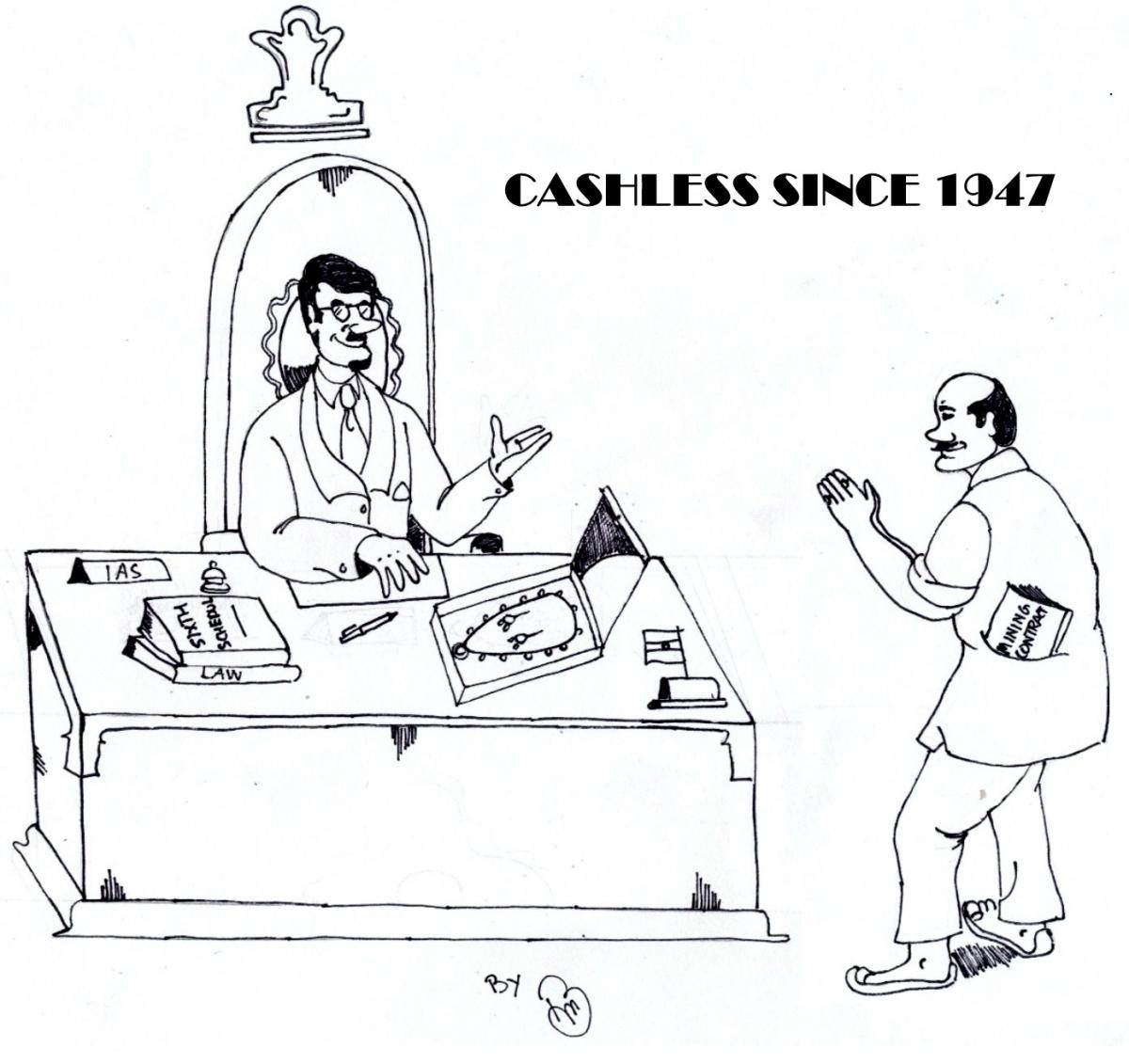The RBI has finally tried to answer two outstanding questions over the last two days. One answer is satisfactory, while the second is totally unsatisfactory.

Q1) What was the total value of Rs 500 and Rs 1000 notes in circulation as on 8th November 2016?
According to the RBI, it was indeed Rs 15.4 lakh crore. In reply to an RTI question, the RBI had replied that the amount was Rs 20.5 lakh crore. The discrepancy apparently arose because the figure quoted in the RTI reply included not just cash with public, but also cash in the currency chests of banks that were not distributed to the public. Personally, I was not in doubt here.
Q2) Is there possibility of double-counting in estimating the value of Rs 500 and Rs 1000 notes returned to the banks?
Shaktikanta Das, the Economic Affairs Secretary, had claimed on 15 December 2016 that there might have been double-counting due to factors like inter-bank lending (see http://www.business-standard.com/article/economy-policy/double-counting-possible-govt-asks-rbi-to-recheck-deposit-data-for-old-notes-116121501340_1.html).
The Secretary was bluffing. There are two ways in which returned notes are counted. One, through the simple addition of the cash position of individual banks with respect to the old notes. There could be double-counting here, as banks without chests may deposit cash with banks that have chests. Two, counting directly from the currency chests. There can’t be any double-counting in this second method.
See the interview in ET with Rajnish Kumar, Managing Director of SBI dated 8 December 2016. Mr Kumar clearly said: “currency chest position is the correct position, there cannot be any flaw in that…double counting can only happen if the individual banks and post offices are reporting the deposit position…but [in] currency chest reporting which is done every day and which is an automated process, the possibility of any discrepancy does not exist…If Reserve Bank has given the number based on the currency chest position, then there should not be discrepancy. But if the data is given on the basis of daily reports of deposits being given by the bank, then there is a possibility of of some double counting.” See http://economictimes.indiatimes.com/markets/expert-view/now-we-are-flush-with-funds-rajnish-kumar-of-sbi/articleshow/55869349.cms.
And what did the RBI report? The RBI Deputy Governor (DG) R. Gandhi told the media on 13 December 2016 that “Specified Bank Notes (SBNs) of ₹ 500 and ₹ 1000 returned to RBI and Currency Chests amounted to ₹ 12.44 lakh crore as of December 10, 2016.” Note, CURRENCY CHESTS. See https://rbi.org.in/scripts/BS_PressReleaseDisplay.aspx?prid=38886.
This is also what the former RBI DG Usha Thorat told The Hindu on 18 December 2016: “There is no question of double counting…RBI only looks at the currency chest data”. See http://www.thehindu.com/business/Economy/Double-counting-of-deposits-ruled-out/article16900232.ece.
Yet, the RBI says, dated 5 January 2016 that “figures would need to be reconciled with the physical cash balances to eliminate accounting errors/possible double counts”. See https://www.rbi.org.in/Scripts/BS_PressReleaseDisplay.aspx?prid=39163.
Courtesy: India Resists

